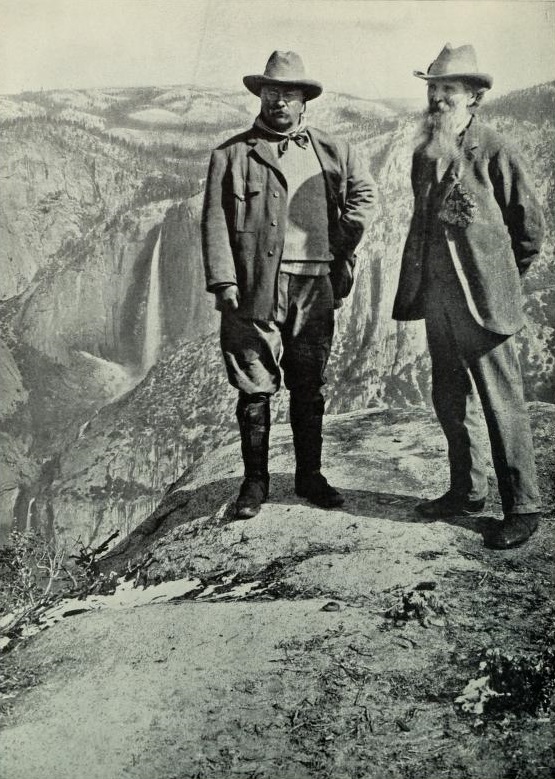When was the last time you looked around you and wondered, ‘How on Earth did I get here?!’
I had one of those moments – possibly the biggest of my career so far – on April the 10th, in the Royal Institution‘s iconic lecture theatre. In one sense I knew the answer (from Kent via Victoria and Green Park underground station), but even now, two weeks after the event, I’m still trying to wrap my head around how I came to talk about my PhD research from the same spot as such renowned science communicators as David Attenborough, Richard Dawkins and Carl Sagan.
This evening @Ri_Science I stood where Michael Faraday, Humphrey Davy & David Attenborough have stood – where the existence of the electron was first announced – and got to talk about my research.
An incredibly humbling, gently mind-blowing experience. Just amazing.#phdlife #3MT pic.twitter.com/QQymMaQWFR— Oliver Wilson ن (@OliJWilson) April 10, 2018



 Last month I was lucky enough to undertake a phytolith training placement at the University of Exeter in the Department of Archaeology, working with my second PhD supervisor, Professor Jose Iriarte, and his project team, PAST (Pre-Columbian Amazonian Scale Transformations).
Last month I was lucky enough to undertake a phytolith training placement at the University of Exeter in the Department of Archaeology, working with my second PhD supervisor, Professor Jose Iriarte, and his project team, PAST (Pre-Columbian Amazonian Scale Transformations).

